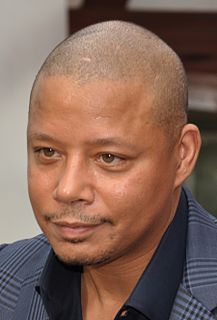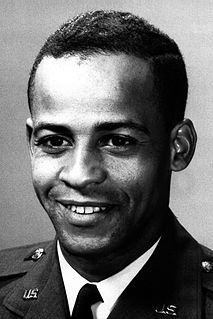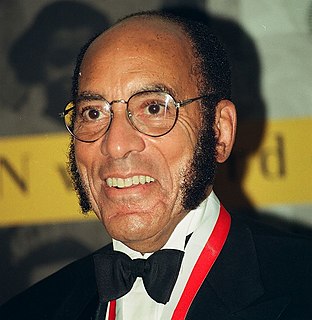A Quote by Natasha Trethewey
I used to come out here every Fourth of July as a child to picnic and to swim on the island, to tour the fort and wander through it. And all of that time, I never knew anything about the presence of black soldiers on the island. And so, for me, this was a way of trying to tell another history, a lost or a forgotten or a little-known history about these black soldiers who played an important part in American history.” Trethewey said.
Coincidentally, she was born “exactly 100 years to the day that Mississippi celebrated the first Confederate Memorial Day, April 26, 1866.
Quote Topics
About
American
American History
Another
Anything
April
Black
Born
Celebrated
Child
Come
Confederate
Day
Every
Exactly
First
Forgotten
Fort
Fourth
History
Important
Important Part
Island
July
Knew
Known
Little
Lost
Me
Memorial
Memorial Day
Mississippi
Never
Out
Out Here
Part
Picnic
Played
Presence
Said
She
Soldiers
Swim
Tell
Through
Time
Tour
Trying
Used
Wander
Way
Years
Related Quotes
Black History is enjoying the life of our ancestors who paved the way for every African-American. No matter what color you are, the history of Blacks affected everyone; that's why we should cherish and respect Black history. Black history changed America and is continuing to change and shape our country. Black history is about everyone coming together to better themselves and America. Black history is being comfortable in your own skin no matter what color you are. Black history makes me proud of where I came from and where I am going in life.
Black History Month is dedicated to heroes that paved the way for Black people. It's a month that's very imperative because it gives those who lack the knowledge of our heroes a chance to gain insight. It's not just about the month, it's about the years that it took for us to get to this one month and it's beyond placing a value on how much Black History Month really means to me.
Of all the islands he'd visited, two stood out. The island of the past, he said, where the only time was past time and the inhabitants were bored and more or less happy, but where the weight of illusion was so great that the island sank a little deeper into the river every day. And the island of the future, where the only time was the future, and the inhabitants were planners and strivers, such strivers, said Ulises, that they were likely to end up devouring one another.
I did this whole series on the buffalo soldiers-on black soldiers-I did another series on black cowboys, and I presented myself to the gallery system, and all these people with these massive collections didn't know there were black cowboys or black soldiers. I ended up hitting a niche I didn't know was there.
The history behind the Garden and all the players that have come through and played on that court in the Garden, I think that the history is the reason why it still is, in my mind, the mecca of basketball. It definitely draws me in. That's the thing about New York; that's a big thing about the history, and the Garden is a big part of that.
One of the key things for me about Madame Walker's life is that she really does represent this first generation out of slavery when black people were reinventing themselves, and as a woman who was the first child in her family born free, she was trying to figure out a way, and she moved from Delta, Louisiana.




































